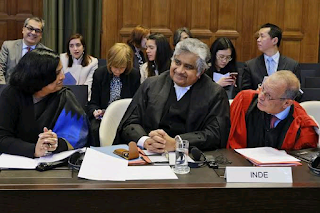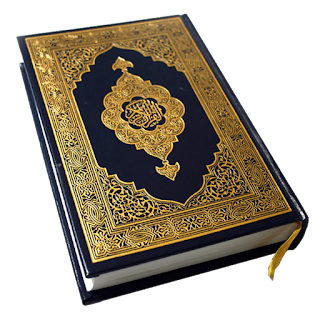Narendra Modi, born on September 17, 1950, is an Indian politician and the 14th Prime Minister of India. His career has spanned several decades, and he has made a significant impact on Indian politics and governance. In this essay, we will explore Narendra Modi's career and highlight key milestones and achievements that have shaped his political journey.
Modi's political career began in the early 1980s when he joined the Rashtriya Swayamsevak Sangh (RSS), a Hindu nationalist organization. He quickly rose through the ranks and became an influential figure within the organization. Modi's organizational skills and dedication caught the attention of senior leaders, and he was appointed as the General Secretary of the Bharatiya Janata Party (BJP) in Gujarat in 1988.
During his early years in the BJP, Modi played a crucial role in strengthening the party's presence in Gujarat. He worked tirelessly to expand the party's base and connect with the masses. In 2001, Modi faced a significant challenge when Gujarat was hit by a devastating earthquake. However, his swift and efficient handling of the crisis earned him praise and recognition.
In 2001, Modi was appointed as the Chief Minister of Gujarat, succeeding Keshubhai Patel. Under his leadership, Gujarat witnessed rapid development and economic growth. Modi implemented various policies to attract investment, promote infrastructure development, and improve the state's governance. His efforts resulted in Gujarat becoming one of the most prosperous states in India.
However, Modi's tenure as Chief Minister was not without controversy. In 2002, Gujarat was struck by communal riots that led to the loss of many lives, particularly among the Muslim community. Modi faced severe criticism for his alleged inaction and failure to control the violence. The incident cast a shadow over his political career and brought him under intense scrutiny.
Despite the criticism, Modi's popularity within the BJP continued to rise. In 2013, he was appointed as the Chairman of the BJP's National Election Campaign Committee, positioning him as the party's prime ministerial candidate for the 2014 general elections. During the campaign, Modi's charisma, oratory skills, and promises of development resonated with the electorate, and the BJP emerged victorious, winning a landslide victory.
On May 26, 2014, Narendra Modi was sworn in as the 14th Prime Minister of India. His tenure has been marked by various initiatives and reforms aimed at transforming India's economy, infrastructure, and governance. One of his flagship programs is the "Make in India" campaign, which aims to boost manufacturing and attract foreign investment. Additionally, the "Swachh Bharat Abhiyan" (Clean India Mission) was launched to promote cleanliness and sanitation across the country.
·







.jpg)














































.jpg)
.jpg)
